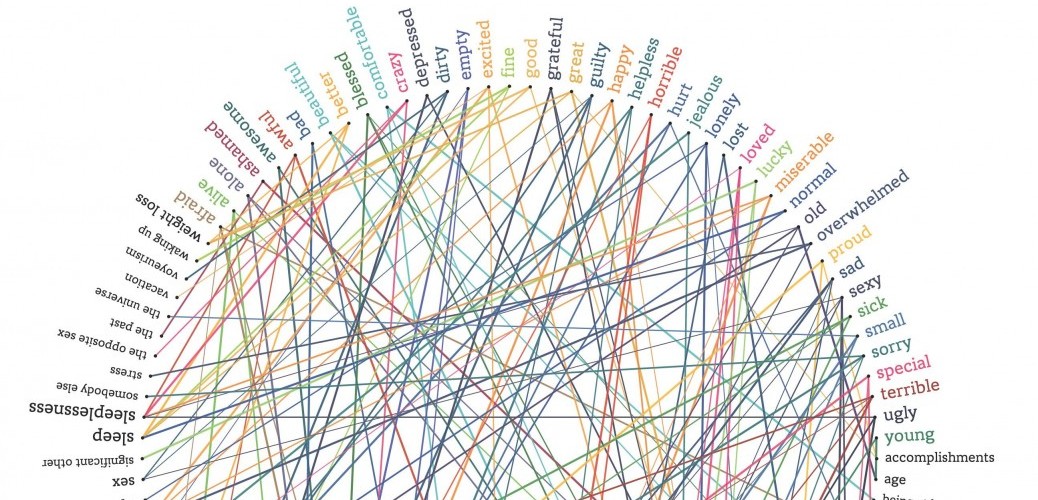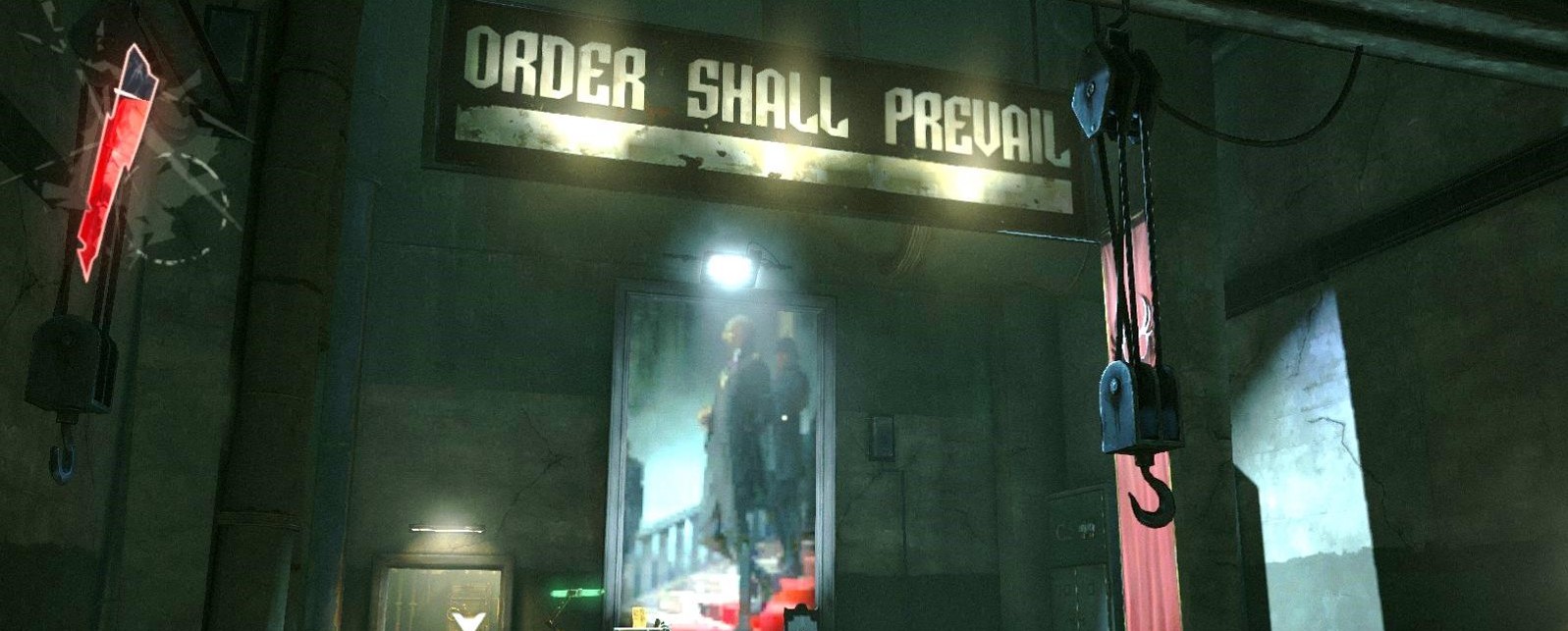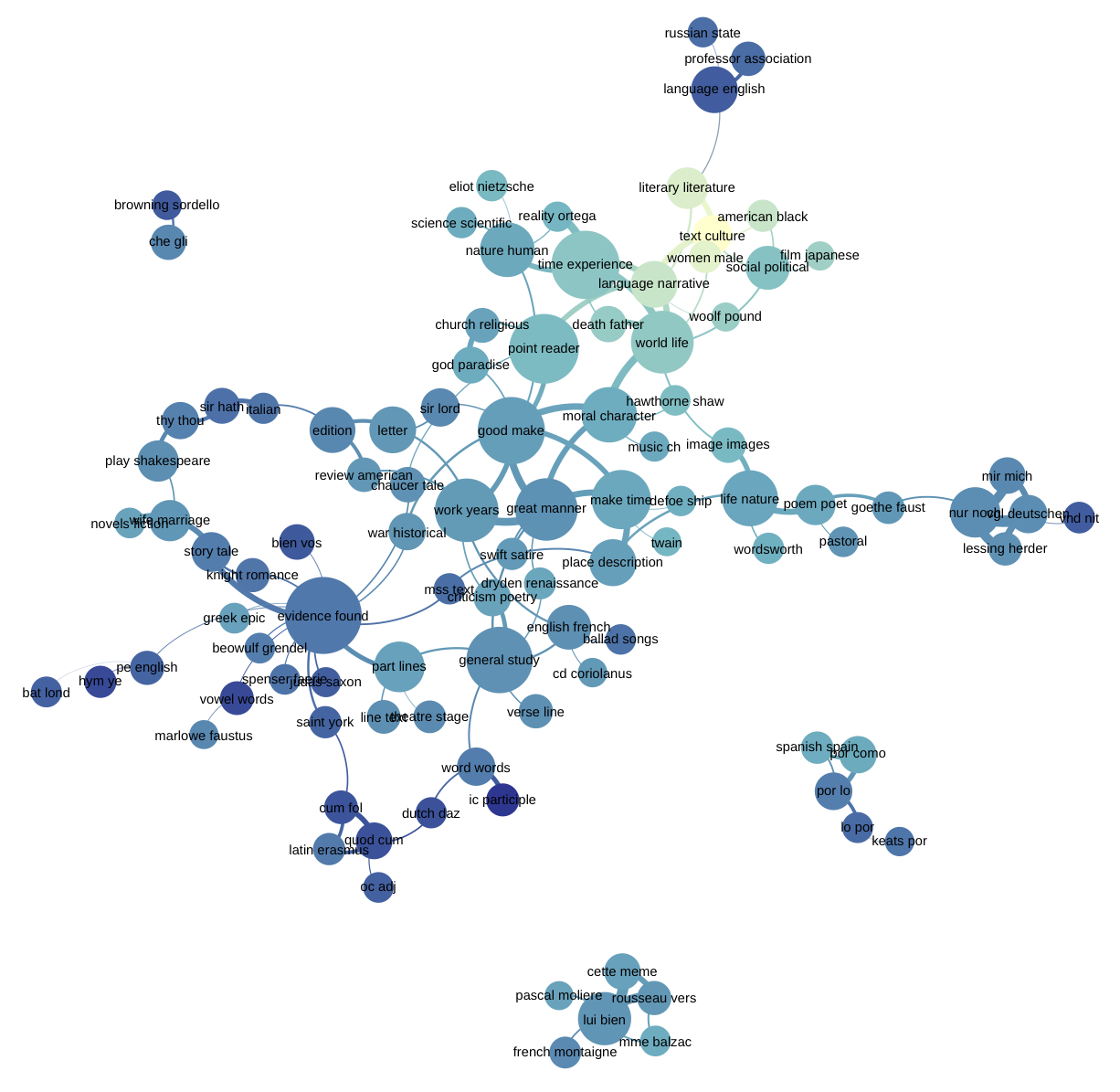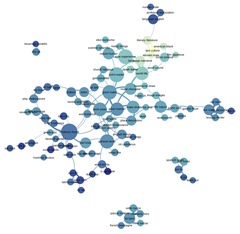A new course for the Digital Studies program at Davidson College. Influences for the syllabus abound: Lisa Gitelman, Lauren Klein, Ben Schmidt, Matt Wilkens, and many other folks in the digital humanities.
Course Description
“Data” is often considered to be the domain of scientists and statisticians. But with the proliferation of databases across nearly all aspects of modern life, data has become an everyday concern. Bank accounts, FaceTime records, Snapchat posts, Xbox leaderboards, CatCard purchases, your DNA—at the heart of all them is data. To live today is to breathe and exhale data, wherever you go, online and off. And at the same time data has become a function of daily life, it has also become the subject of—and vehicle for—literary and artistic critiques.
This course explores the role of data and databases in contemporary culture, with an eye toward understanding how data shapes the way we perceive—and misperceive—the world. After historicizing the origins of modern databases in 19th century industrialization and census efforts, we will survey our present-day data landscape, considering data mining, data visualization, and database art. We will encounter nearly evangelical enthusiasm for “Big Data” but also rigorous criticisms of what we might call naïve empiricism. The ethical considerations of data collection and analysis will be at the forefront of our conversation, as will be issues surrounding privacy and surveillance. Continue reading “DIG 210: Data Culture”




